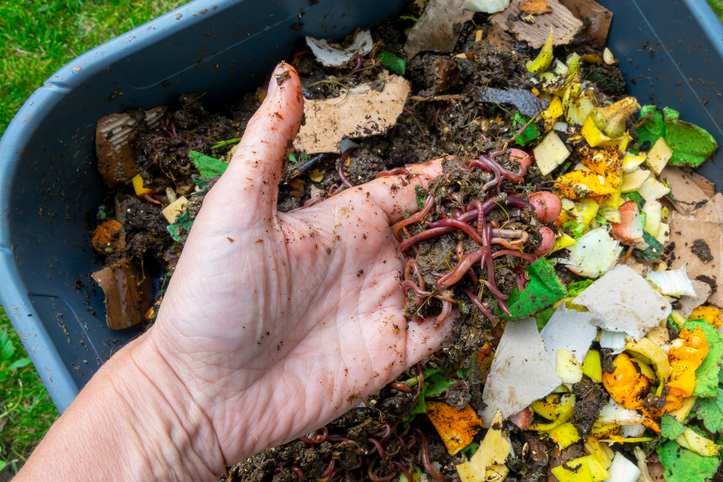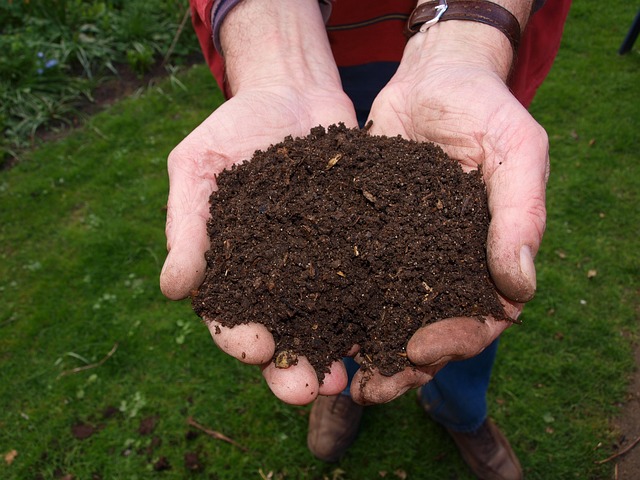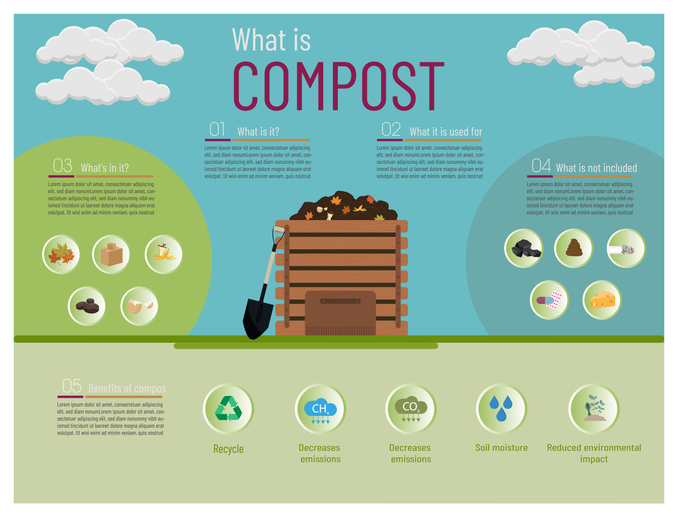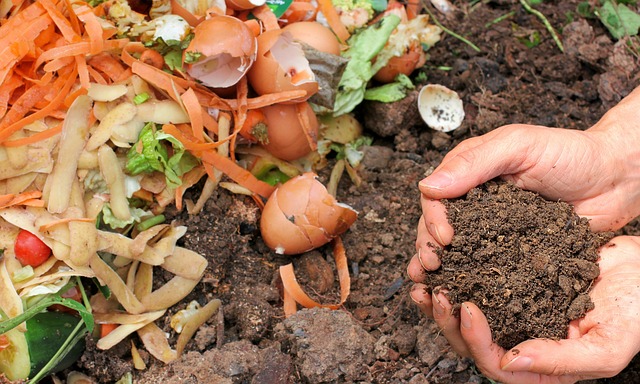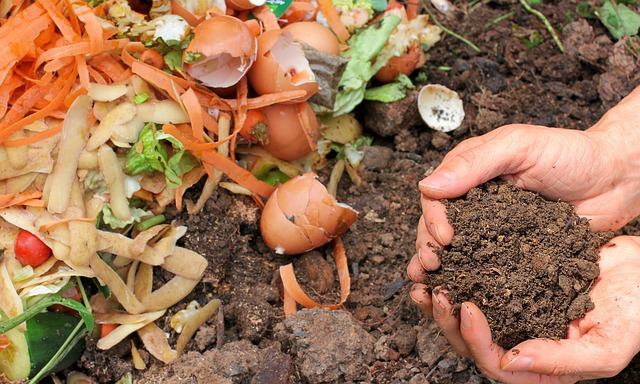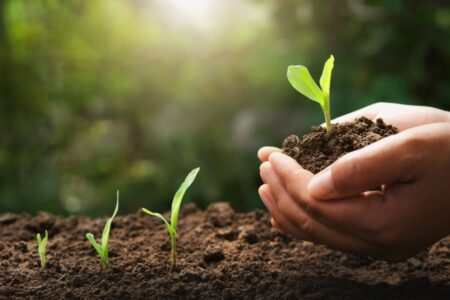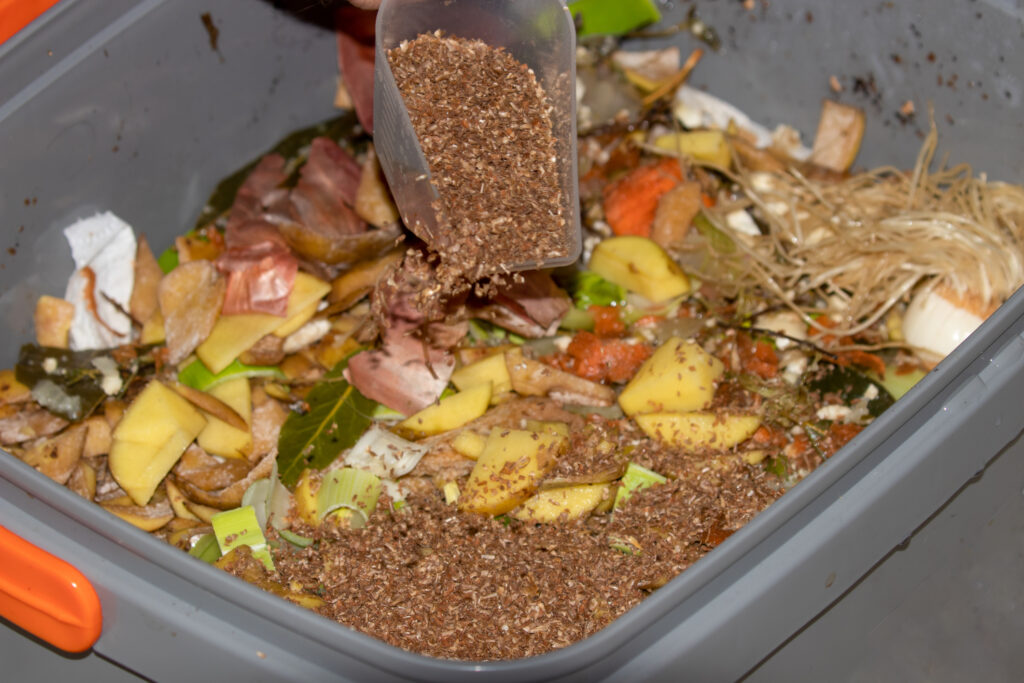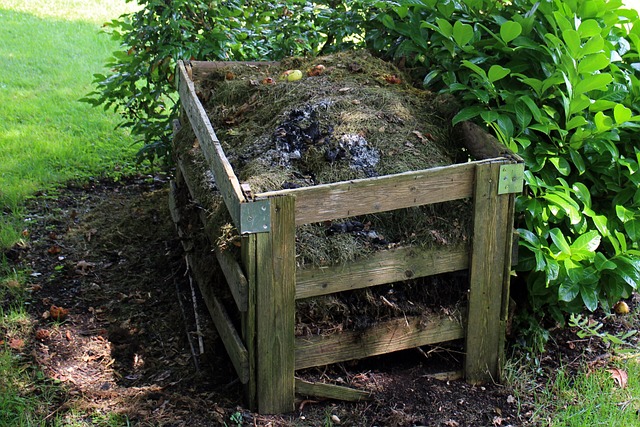Basket Composting: Your Guide to Effortless Gardening
Discover the secrets of basket composting. Learn how to turn kitchen scraps into garden gold with this easy, space-saving method! Introduction Imagine transforming your kitchen scraps into nutrient-rich soil without the hassle of a bulky compost bin or the fear of attracting pests. Sounds too good to be true? Well, welcome to the world of […]
Basket Composting: Your Guide to Effortless Gardening Read More »

